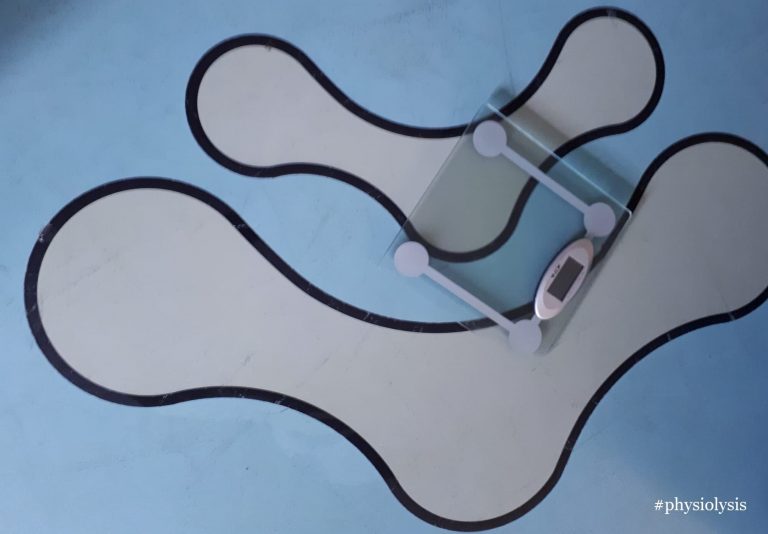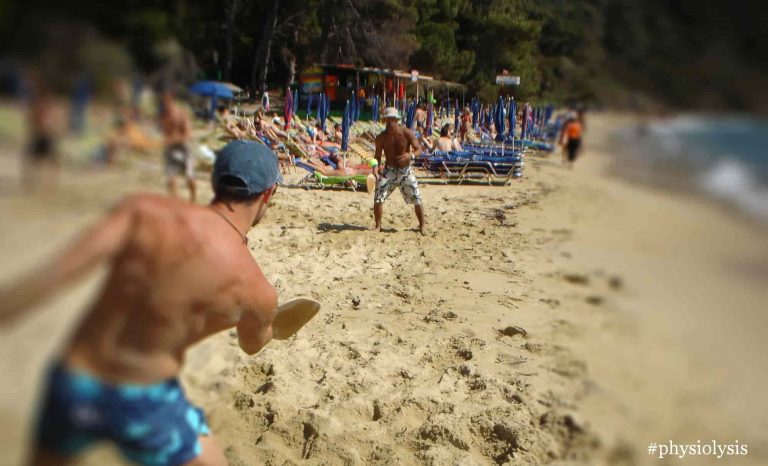The term “freeze strain” as an orthopaedic diagnosis does not exist as will be explained below. It is widely used to replace a clinical description like: stiffness and pain. The appropriate use of the term “freeze strain” is when between two bodies one of them cannot adjust as well in temperature variations.
Many patients complain about waist, neck, shoulder pain or other pain in other. anatomical areas due to temperature variations or humidity. At this point we must ask ourselves whether we look after our body sufficiently.
Do I get any physical activity? If yes, then how often? Have I consulted a specialist to make sure I am getting the physical activity I need? Do I listen to my bodies’ frequent discomfort? Do I allow my body to rest after a hard days’ work or physical activity in order for natural healing mechanisms to activate?
All of the above are only just a few questions we must answer before accusing the weather of the pain we are experiencing. Indeed, studies have shown that patients suffering from arthritic lesions are affected by weather changes (Brennan SA et al., 2011). The systematic analysis of SmedsludGamdΗagenKBin “EuropeanJournalofPain” proves that complexity of the issue. No mechanism was found “guilty” for the correlation between pain and weather change. Nonetheless, patients’ affirmations about pain and weather change should not be dismissed altogether during clinical treatment.
Our clinical experience with chronic and acute orthopaedic incidents shows that where you see smoke there is fire. The clinical image of pain, which is combined with irritation when the weather changes, it seems, it is usually followed by a medical history of wound mechanism or overplay. Abrupt temperature change may manifest through muscular spasms and low pressures can influence the levels of joint nitrogen all of which force an issue to appear. However, these elements are never the source of the issue. An individuals’ ability to adapt to environment shifts differs and depends on homeostasis mechanism of the body, which is accountable for all kinds of body adaptations. If the mechanism does not function properly then issues may arise.




